In every season of the year, there are fruit and vegetables, which are good to eat, in order to stay healthy. In autumn there is a wide variety of fruit and vegetables. I will focus on one fruit and that is pomegranate.
It is a mysterious fruit, which we have known since ancient times. The pomegranate is a symbol of fertility. There is a legend that says that the pomegranate grew in the gardens of paradise and has been used in folk medicine for thousands of years.
Pomegranate helps with many diseases. It is also called granitum, which in translation from Latin means "grain". Pomegranate contains hundreds of small red seeds that look like beads, which are very tasty and healthy. The homeland of this amazing fruit is considered to be Persia or Afghanistan.
Useful properties of pomegranate
- Consuming it helps with cardiovascular diseases by lowering the cholesterol;
- It has a diuretic and analgesic effect;
- Reduces blood flow;
- Sour pomegranate juice can also be consumed by diabetics;
- Pomegranate peel makes a tea, which helps with cough, sore throat, pneumonia, anemia, fever;
- If taken regularly, pomegranate significantly reduces the risk of skin cancer and breast cancer;
- Improves teeth strength.
What does a pomegranate contain?
- Rich source of vitamin C, vitamins of group B, P, vitamin A;
- Contains minerals such as potassium, copper, manganese, chromium, silicon, magnesium, calcium, sodium, iron.
Pomegranate is the most powerful natural antiseptic and anti-aging antioxidant.
Pomegranate has a nourishing and whitening effect on the skin, stimulates hair growth and strengthens nails.
Pomegranate can rejuvenate your skin by years and this will happen if you consume pomegranate juice regularly.
And to sweeten your life, have a look at our salads with pomegranate, pastries with pomegranate or drinks with pomegranate.
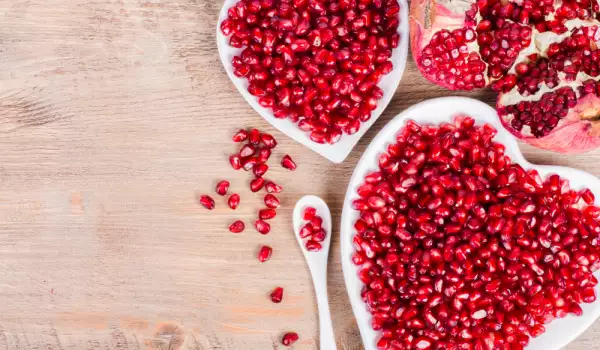


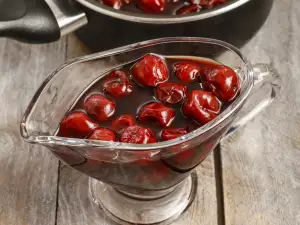






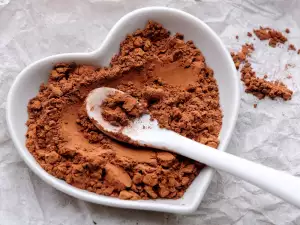
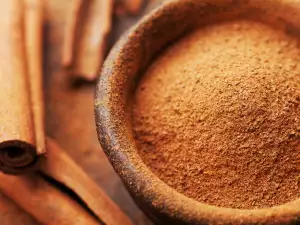

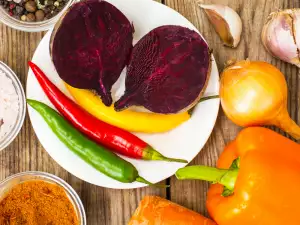
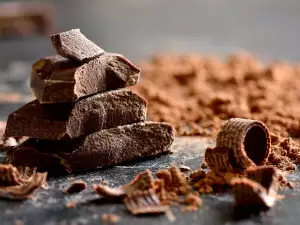
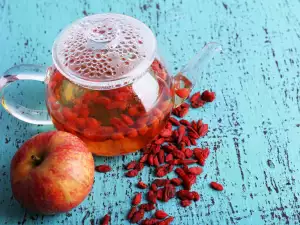



Comments